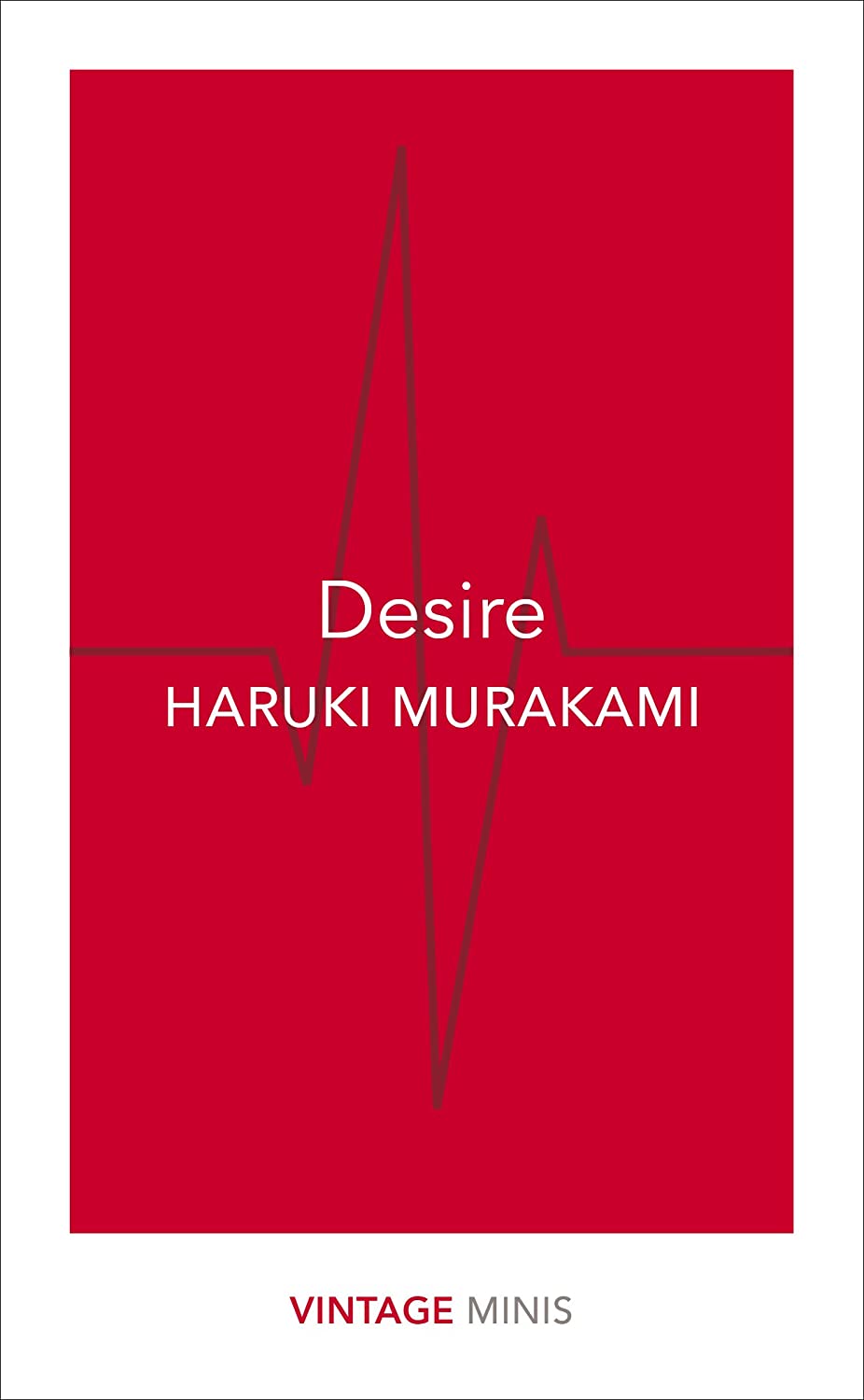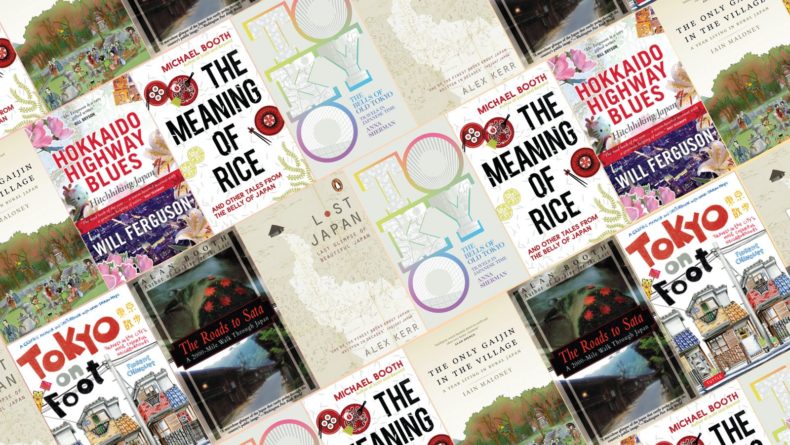7 Tips To Build A Consistent Reading Habit
Useful Hacks To Trigger Your Inner Bookworm
So you have this ambition to read more, but putting it into practice is another story...
Reading is a habit that will become easier and more pleasant with practice, just like working out! At first, the process is slow and very tiring and you are prone to give up fast, but over time it will become more enjoyable and rewarding. Maintaining a good reading habit is healthy: it reduces stress, improves your memory, and it will help against the decline of mental ability. Plenty of reasons to start now!
1. Ask yourself why you want to read more
What is your purpose in reading? Do you want to get smarter, develop a skill, or be informed in a specific area? Do you just enjoy wandering into fictional worlds but can’t find time to read?
What do these questions have in common? They are personal! You need to find your own reason to read. This will ensure that you form a healthy reading habit that will not be swayed by the accomplishments of others. Don’t forget to remind yourself from time to time why you started this reading habit journey, so you can stick to it.
2. Get into the habit of reading
Wanting to “read more” is a good start, yet unfortunately, it is not enough to build a habit. Let me clarify: reading more is not a goal but an intention, and a dubious one of that. If you want to read more, you have to start making a habit out of “reading”. Setting yourself a yearly reading goal is usually where many fail and fall apart—just like a New Year’s Resolution—unless that goal is divided into smaller chunks.
If you have kids, start reading to them, pick a book that is enjoyable to both of you, and read it at bedtime every night. If you add reading somewhere into your routine you are more likely to keep doing it, and this means you will consistently engage in the act of reading.
3. Set yourself a daily reading goal (and stick to it)
This tip works better than setting yourself a monthly reading goal which will most likely be pushed to the following month. The key to accomplishing your reading goals in a measurable manner is to break down this “task” in an amount that feels manageable to you and your daily life. You need to associate your new habit with already existing ones: reading every day for 30 minutes during your commute, for example. This technique will most likely help you follow through with your book and help create your reading habit without even thinking about it.
If you are struggling with your daily goal, set your reading time so low that even the laziest part of you can’t come up with a reasonable excuse not to pick up your book. Once you are reading, you can always read more: this method will help you make sure that you stay on track with your reading goal.
4. Cut out all distractions
Create a distraction-free reading environment. It’s always easier to get your focus somewhere else, there will always be something that you can’t control but there are many others you have control over, the best example being… your phone.
Turn your phone on silent mode and tuck it away—far, far away. Anticipate and remove as many distractions as possible around you, and focus solely on reading. If you know you are going to read in a public place, pack your earphones to avoid being distracted by the noises around you.
SAVVY TIP
Why not do a little something for the environment while you are reading? Forest is a productivity app that helps you stay focused by encouraging you to spend time away from your phone while you grow virtual trees and earn coins—which can be saved and use to plant real trees in Africa!
5. Start with short books
The fact that books are usually very long makes it harder to form a reading habit. I’m sure we all have that book we started and never finished, just to open it again, not knowing the plot anymore and ending up starting it over. This can be highly discouraging.
The great thing about short stories and anthologies is that you can totally finish a story in only one sitting—highly rewarding! Starting and finishing a story is a great motivation to keep up reading in the future. Treat this as your entryway into forming your daily reading habit, this will help you graduate to more in-depth and lengthy volumes and finally tackle this huge book sitting on your bedside table for ages.
6. Enjoy the process
Reading is not an obligation—and it should not become one. A fundamental motivating force for reading is enjoyment.
The moment it becomes a commitment—especially the idea that once we start a book we are obligated to finish it—it becomes less enjoyable. Get rid of the idea that reading is a chore, this is not a school assignment, and quitting a reading should never feel wrong. What you should do is starting to quit the books you don’t enjoy and give all of your time to books you truly enjoy—yes, there is definitely a Marie Kondo vibe here.
7. Follow your interest
You don’t need to read about entrepreneurship, homo sapiens, literary fiction or self-help if you are not genuinely interested in these topics! Interests are tied up in emotions and emotions are tied up in the moment. Is the fiction the “Convenience Store Woman” going to make you a better person or customer? Maybe. But the story is a place that will allow you to engage in the unique experiences of other people—and to be engaged, you need to be interested in the first place. You will most likely enjoy the process and become immersed in the storyline, which ultimately will keep you reading—and getting into a reading habit.
(Psst, you can also discover a new passion by picking up a book you would have never chosen in the first place, but that’s easier to do when the reading habit is already there!)
Savvy Book Corner
コンビニ人間 (Konbini Ningen), Convenience Store Woman by Sayaka Murata
Get a glimpse of the truth about identity, capitalism, the complexity of conformity and oppression in this darkly novel, which is quick to read as well. Murata storytelling is a deep socio-demographic insight about Japanese life and culture. Questioning if we perhaps still live in old-fashioned social paradigms in the form of an innate “manual” passed on to every conbini employee for centuries.
キッチン (Kitchen) by Banana Yoshimoto
The main topic of this book is “healing”. It’s a gentle, comforting novella about grief and its captivating reflection. Kitchen is a tale about mothers, transsexuality, love, and tragedy in contemporary Japan.
Desire by Haruki Murakami
In a collection of just five short stories, the master of the strange and fabulous exhibits “desires” in its many forms. Murakami writes about desire as an expression of hunger for understanding, connection, and fulfillment.

























Leave a Reply